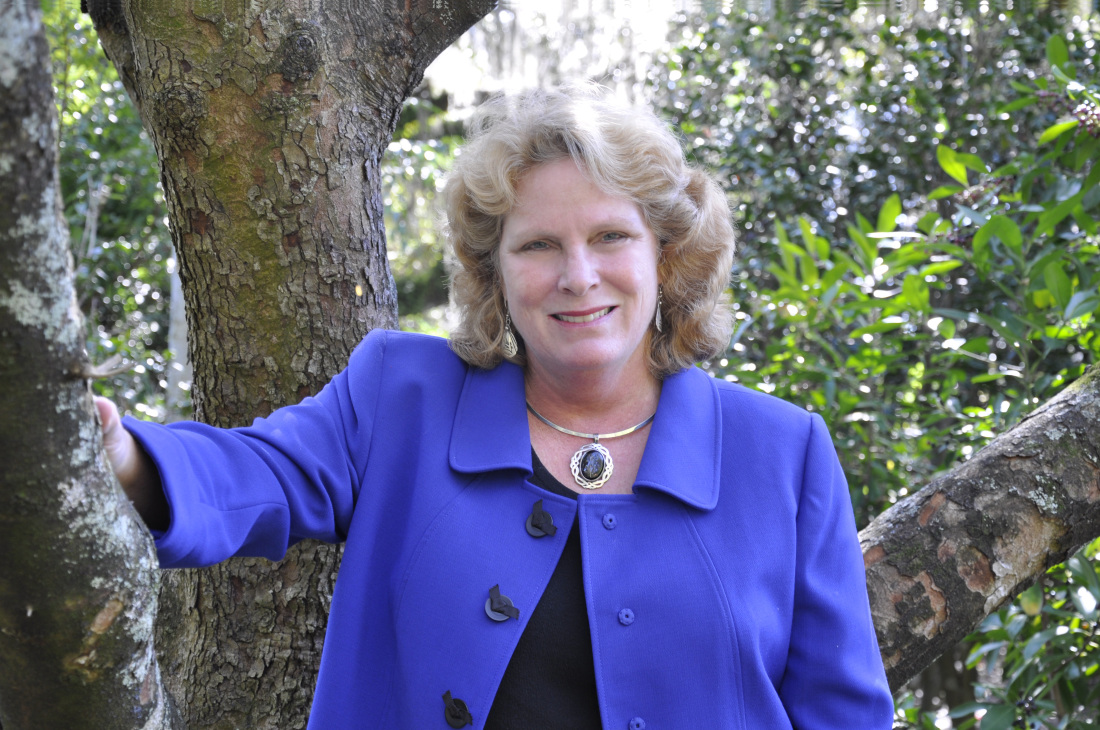Just a few months ago, Lisa Thomson was happy with her position at a small college in central Florida. But having previously served for 25 years in a variety of roles with The Nature Conservancy, environmental conservation was in her blood. So when Asheville-based The American Chestnut Foundation approached Thomson recently about joining the organization as president and CEO, she felt it was an offer she couldn’t refuse.
“I’m a lifelong conservationist, and this was a good fit for me professionally — plus I’ve always wanted to get to know Western North Carolina,” she says. “The stars all aligned.”
And Thomson, who moved to Asheville in January to assume her post, has stepped into her new role at a turning point in the TACF’s more than 30-year history. Almost completely killed off by a blight, or fungal disease, in the early half of the 20th century, the population of American chestnut trees — which previously made up a quarter of all hardwoods on the East Coast — now, at last, has a real hope of reviving.
Working since 1983, TACF scientists have conducted an intensive breeding program to backcross American chestnuts with their blight-resistant Chinese cousins. Finally, their efforts have resulted in an American chestnut tree that can survive the fungus. Now TACF is ready to shift its focus.
“It’s a really exciting time to join the organization and help take it to the next level,” Thomson says. “We’ve been such a science-driven organization, not necessarily a marketing or membership-driven organization. … We won’t abandon our science, by any means, but we need to get the word out that we are restoring the trees … [and the restoration] depends on how we can amass the volunteers to get plantings in the ground.”
Thomson says she and many others find the positive nature and long-term vision of TACF’s mission to be very appealing. “So often in conservation we’re on the defensive — we have to fight something that’s threatening our mission. Here we’re on the offensive — we’re actually doing something that’s directly, positively impacting the environment. … It’s so amazing that we’re doing something that visionary and that long term in this Twitter, 140-character world. It’s really refreshing to have a mission that’s slow, deliberate and real.”




Before you comment
The comments section is here to provide a platform for civil dialogue on the issues we face together as a local community. Xpress is committed to offering this platform for all voices, but when the tone of the discussion gets nasty or strays off topic, we believe many people choose not to participate. Xpress editors are determined to moderate comments to ensure a constructive interchange is maintained. All comments judged not to be in keeping with the spirit of civil discourse will be removed and repeat violators will be banned. See here for our terms of service. Thank you for being part of this effort to promote respectful discussion.